 Last spring I wrote a post for this site called Scifi and Fantasy Rules That Should Be Broken. You don’t have to read that post in order to understand this one, although I do recommend checking it out if you have a few extra minutes today.
Last spring I wrote a post for this site called Scifi and Fantasy Rules That Should Be Broken. You don’t have to read that post in order to understand this one, although I do recommend checking it out if you have a few extra minutes today.
It’s high time I wrote about the rules in these genres that shouldn’t be broken.
Read this list with a smile on your face. I’m being slightly tongue-in-cheek with some of these points, although I do think they are excellent rules to follow for anyone who isn’t an expert at blending genres or breaking the audience’s expectations in general.
Foreshadowing Should Always Pay Off
If the main character finds a gun in the first act and shudders violently at the thought of it being used to hurt someone, I expect that gun to be fired by the end of the final scene.
There was a series of novels I read years ago that did an excellent job of foreshadowing things that never ended up happening. I could have excused it once or twice, but it happened so often that I ended up being pretty disappointed with the real ending. It was nothing at all like what had been hinted at earlier on, and I was saddened by all of the loose ends that were left dangling in the plot.
Yes, this happens in other genres, too, but I’ve seen the scifi and fantasy genres receive more than their fair share of foreshadowing that fizzles out before the grand finale. I have no idea why this happens, but I’d sure like to see it stop.
There’s Science in the Science Fiction
 Let me remove my tongue from my cheek before I talk about this point.
Let me remove my tongue from my cheek before I talk about this point.
One of my biggest pet peeves in the sci-fi genre happens when characters don’t have any interest at all in figuring out what’s going on with the strange parts of the plot from a scientific point of view.
It’s especially annoying with characters who are not currently in any danger and who otherwise seem to be intelligent, curious, and at least moderately educated.
I’d give a pass to someone to stumbled across something dangerous in the first scene and has to run away before he or she is killed or badly injured. At some point, though, I would expect them to show interest in figuring out whatever it was that they’d stumbled across that was so out of the ordinary.
The fantasy genre isn’t always set in times or places where people could describe the life cycle of a dragon is in relatively believable detail or conduct tests to see what that mystery substance is that keeps appearing after the monster runs away. My expectations for these types of stories are a little more flexible because of that, but I’d still strongly prefer to meet characters who react to these events by trying to figure out how they work unless the plot was specifically written to be about someone who isn’t curious about the world around them.
Every Book Should Be a Standalone Work
To be clear, some of my favourite sci-fi and fantasy stories have been parts of long series. I’m not anti-series in the least, I simply believe that there’s something to be said for writing tales whose plots basically make sense if you accidentally start with book #2 in the series instead of the first one.
This doesn’t mean that I expect book #6 in a series to summarize everything that happened in the first five instalments in detail before moving on to whatever challenges the characters are currently facing. A brief introduction to the main characters and their major conflicts at some point during the first chapter is more than enough. I’d simply rather not read something that’s going to make me feel completely lost by the time I finish the first page.
Mixing Genres Is Okay
I’ll probably always prefer science fiction and fantasy that doesn’t have any other genres mixed into them, but I’m not a purist when it comes to my reading material. There have been multiple examples of mixed-genre books that I thought were incredibly well-written. I will continue to read and enjoy them as I find them.
While the SFF elements of a story are definitely what catch my attention first when I stumble across a new author or title, I don’t mind seeing some mystery, romance, horror, or other genres mixed into the plot if that’s what the characters or the storyline require.
When genre mixing is done correctly, it can be a fantastic tool for drawing in new audiences and introducing one’s current audience to a genre they might not have considered reading before.
However…
All Genres Should Be Labelled Correctly
 Those of you who have been around for a while might remember this post from last year: We Need Less Romance in the Science Fiction and Fantasy Genres.
Those of you who have been around for a while might remember this post from last year: We Need Less Romance in the Science Fiction and Fantasy Genres.
I still stand by everything I said in that post. There’s a huge differences between writing a sci-fi or fantasy story that has a subplot about two characters falling in love and marketing a romance novel as science fiction or fantasy because it happens to be set in space or near a dragon’s lair.
There have been multiple times now when I’ve started reading what I thought was a regular science fiction book – for lack of a better term – only to see the characters spend a massive amount of the plot falling in and out of love. Kudos to everyone who enjoys being surprised by sex or romance when they were expecting something else entirely, but it does irritate me to see the same exact labels used for books that are 90% romance as are used for books that are all about fighting zombies, exploring faraway planets, or asking tough questions about what life will be like when robots take over human society.
Since I wrote the original rant I linked to above, I have begun to see a few publishers differentiate between romantic science fiction and regular science fiction. (We really need a better term for it). I love the fact that these two sub-genres are finally being separated out from each other, but this still hasn’t become something common enough that I can count on it when I’m deciding what to read next.
What science fiction and fantasy rules do you never want to see broken?


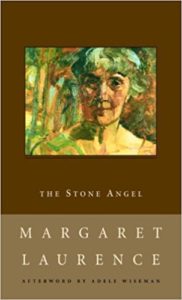
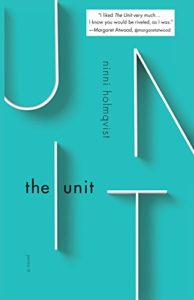
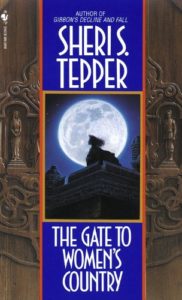
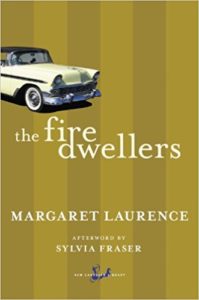
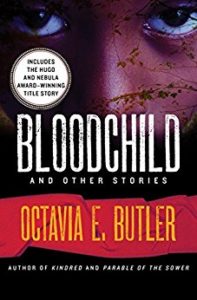
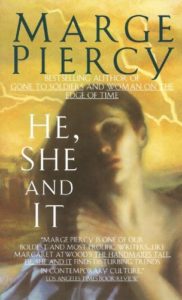

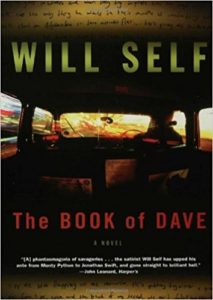
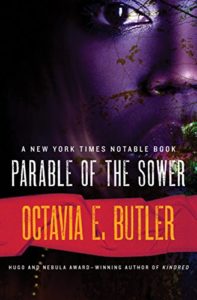
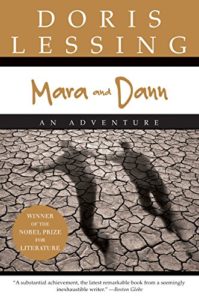
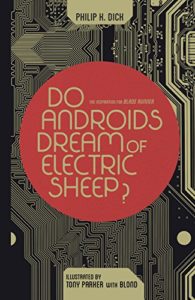
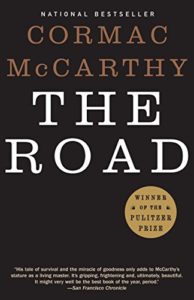
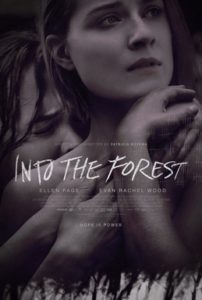
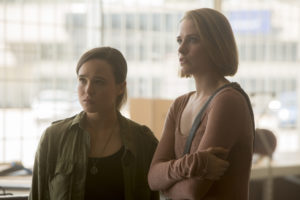
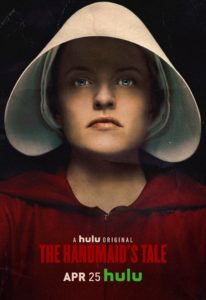 Disclaimer: there are mild spoilers for the book and major spoilers for the first season of The Handmaid’s Tale in this post.
Disclaimer: there are mild spoilers for the book and major spoilers for the first season of The Handmaid’s Tale in this post. A number of years ago I started keeping track of movies I’d like to watch once they became available to rent online.
A number of years ago I started keeping track of movies I’d like to watch once they became available to rent online. Devil
Devil  Monsters University
Monsters University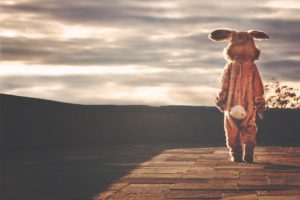 I can think of dozens of science fiction and fantasy books written for adults that are about Halloween in some way. At least the first dozen wouldn’t require me to google anything at all, and I know I’d barely even be scratching the surface at that point.
I can think of dozens of science fiction and fantasy books written for adults that are about Halloween in some way. At least the first dozen wouldn’t require me to google anything at all, and I know I’d barely even be scratching the surface at that point.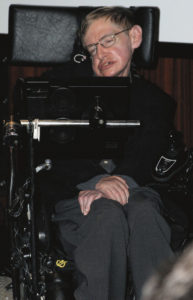
 The time: Early 1990s
The time: Early 1990s The time: Late 1990s
The time: Late 1990s The time: The late 2000s
The time: The late 2000s How cool would it be to turn a dead planet like Mars into one that is teeming with life? I hope we’ll all live long enough to see at least the first stage of this kind of mission be carried out.
How cool would it be to turn a dead planet like Mars into one that is teeming with life? I hope we’ll all live long enough to see at least the first stage of this kind of mission be carried out.